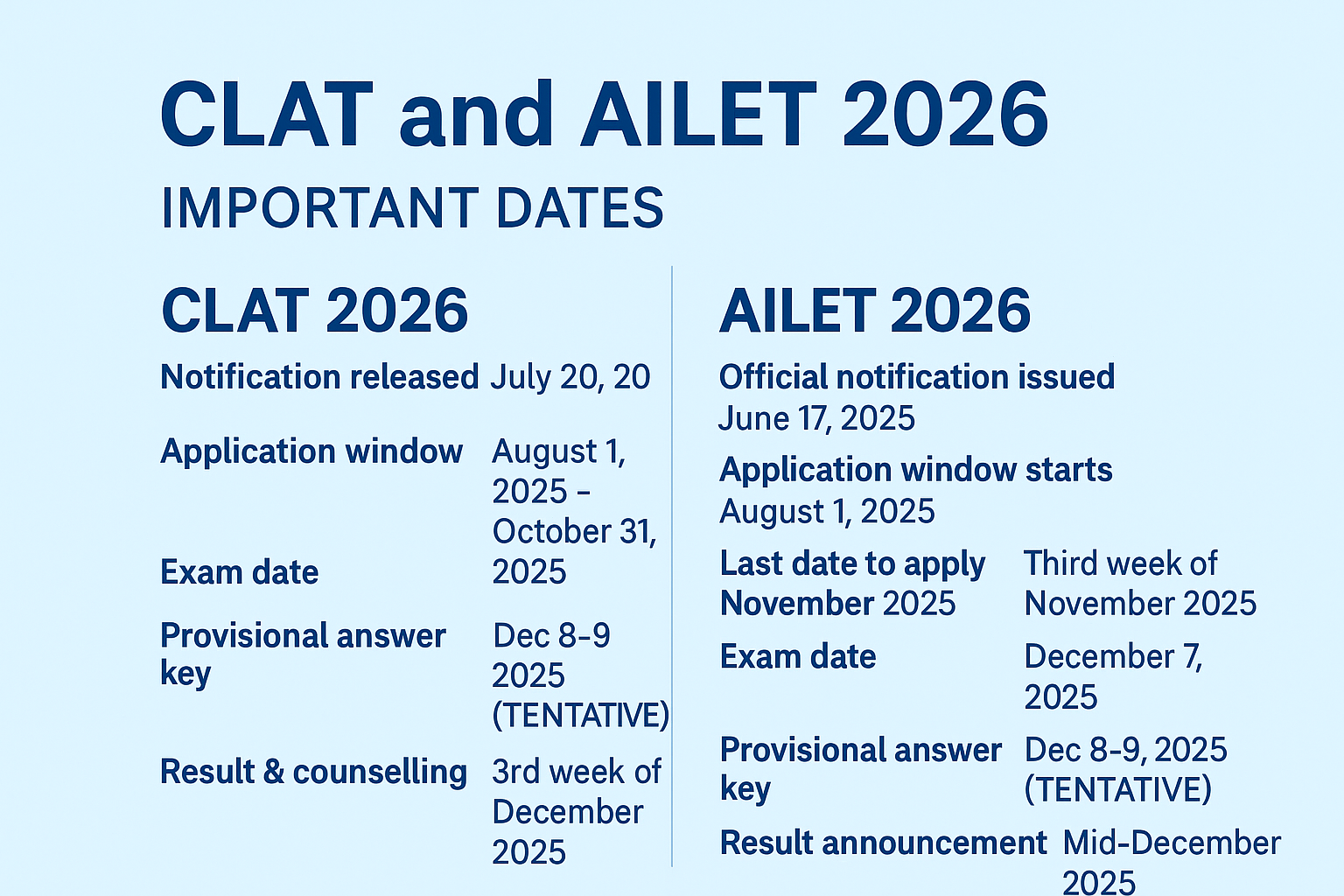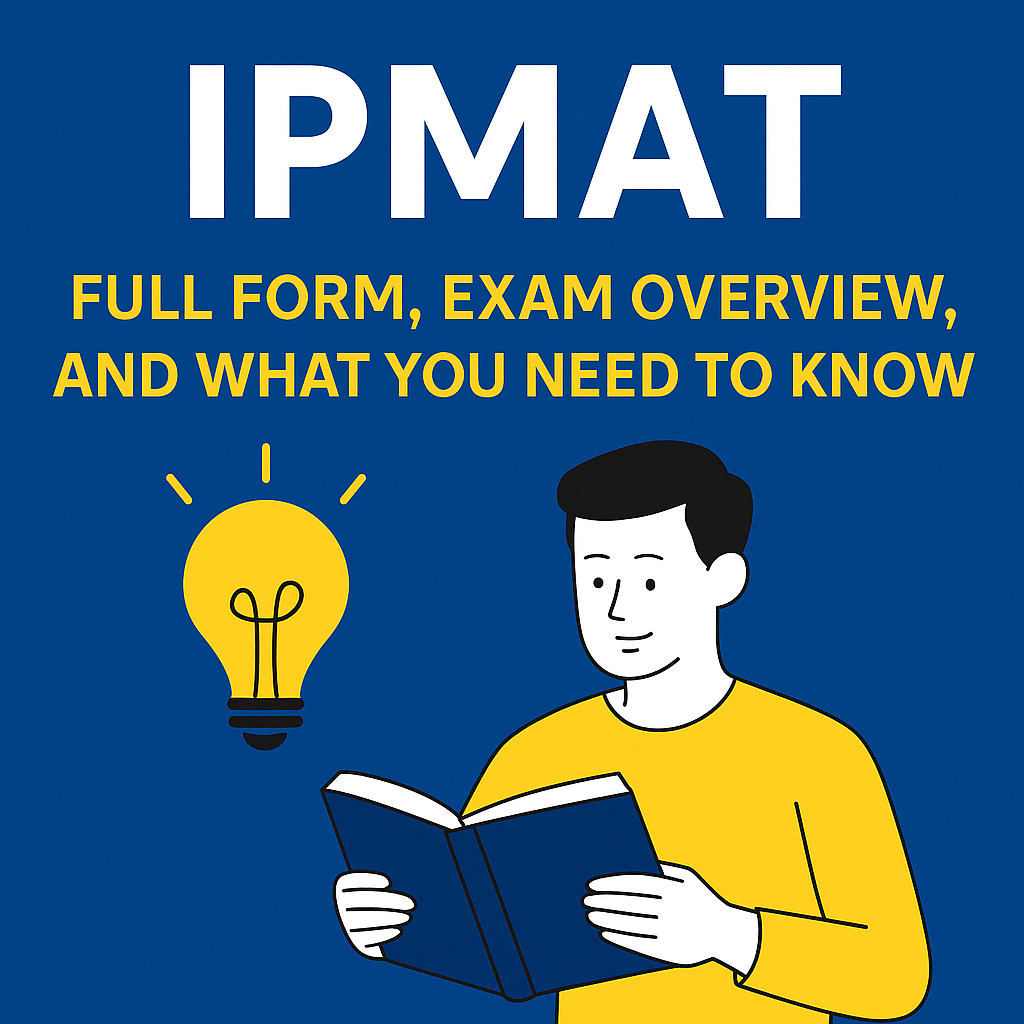By I Mar 30, 2024

This section is not just about numbers; it’s about logic, interpretation, and application in contexts that future lawyers might find themselves navigating. Understanding the art of problem-solving in quantitative techniques involves more than just crunching numbers.
Building a Strong Mathematical Foundation
A solid mathematical foundation is the cornerstone of success in this section. Begin with the basics—ensure you are comfortable with arithmetic operations, percentages, ratios, proportions, and basic algebra. These concepts frequently appear in the exam, often woven into complex legal scenarios. Regularly revisiting these basics can significantly enhance your problem-solving speed and accuracy.
Application in Legal Contexts
Quantitative techniques in CLAT are unique because they bridge mathematics with legal reasoning. For instance, you might be presented with a problem that involves calculating damages awarded in a contract breach or analyzing statistical data related to crime rates. Engage with as many CLAT-focused materials as possible, especially those that simulate these legal contexts, to sharpen your ability to apply mathematical concepts in such scenarios.
Strategic Practice and Revision
Practice cannot be overstated when preparing for this section. Incorporate a mix of practice questions, previous year papers, and mock tests into your study routine. Focus on understanding the rationale behind each question and the quickest way to arrive at the correct answer. Regular revision sessions are crucial to reinforce learned concepts and improve recall speed during the exam.
Speed and Accuracy: The Winning Combination
Achieving both speed and accuracy is paramount. To do this, develop and practice shortcuts for calculations and familiarize yourself with common mathematical formulas and their applications. This doesn’t mean rushing through questions but rather efficiently managing your time to allow for careful reading and analysis of each problem. Practicing in a timed environment can help mimic the pressure of the exam setting and improve your time management skills.
Critical Analysis of Graphs and Charts
Data interpretation is a skill that requires practice to perfect. Start with simple graphs and charts, gradually moving to more complex data sets. Pay attention to details and learn to quickly discern patterns and key information. This skill is not only useful for the CLAT but is also a valuable tool in the practice of law, where data analysis is often crucial.
Overcoming Math Phobia
Math phobia is common but not insurmountable. Begin by changing your mindset about math—view it as a puzzle to be solved rather than a hurdle to be feared. Start with the simplest concepts and progressively tackle more challenging problems as your confidence grows. Remember, every mathematician once struggled with math. Persistence and practice are your best tools for overcoming this phobia.
Frequently Asked Questions
How can I efficiently manage my time while preparing for the Quantitative Techniques section?
Create a dedicated study plan that includes daily practice of mathematical problems, weekly reviews of previously covered topics, and regular timed mock tests. This structure not only helps in consistent improvement but also in better time management.
What are some effective strategies for solving data interpretation questions quickly?
Focus on understanding what the question is asking before diving into the data. Often, not all information provided is needed to find the answer. Develop the ability to quickly identify relevant data and apply the necessary calculations to interpret it correctly.
Can mastering the Quantitative Techniques section significantly impact my overall CLAT score?
Absolutely. While this section may carry fewer questions compared to others, excelling in it can significantly boost your overall score and give you a competitive edge, especially if scores in other sections are closely matched among candidates.
Are there any online resources or apps that can help in preparing for this section?
Numerous online platforms offer practice questions, video tutorials, and full-length mock tests specifically designed for CLAT preparation. Leveraging these resources can provide varied practice and expose you to different question types and difficulty levels.
The journey to conquering the Quantitative Techniques section in the CLAT exam is challenging but incredibly rewarding. With strategic preparation, focused practice, and a positive mindset, aspirants can turn this section into one of their strongest assets. Remember, each problem you solve brings you one step closer to your dream law school.
As we wrap up our deep dive into the Quantitative Techniques section for CLAT 2025, it’s clear that success hinges on a blend of solid mathematical foundation, strategic preparation, and relentless practice. This journey, while demanding, is also a transformative one, equipping you with the problem-solving skills and logical reasoning abilities that are invaluable in the legal field.
Embark on Your Success Journey Now
Now is the time to take action. Whether you're starting your preparation journey or looking to refine your skills further, the path to mastering Quantitative Techniques for CLAT is laid out before you. Dive into the basics, challenge yourself with complex problems, and immerse in practice with an unwavering focus on your goal. Remember, every legal luminary began their journey with a single step.
Make Practice Your Best Companion
Embrace practice as your steadfast companion. Engage with mock tests, leverage online resources, and participate in study groups. Each question you solve, each problem you decipher, builds your confidence and brings you closer to acing the Quantitative Techniques section.
Join the Community of Future Legal Eagles
You’re not alone on this journey. Join our community of CLAT aspirants, where you can share insights, seek advice, and find encouragement. Together, we can tackle challenges, celebrate progress, and keep each other motivated towards our common goal of excelling in the CLAT exam.
Your Dream Law School Awaits
Remember, every minute you invest in preparing for the Quantitative Techniques section moves you closer to your dream law school. Let your aspirations drive you, let your hard work define you, and let your success in the CLAT 2025 be a testament to your dedication.
Take the First Step Today
Don’t wait for tomorrow to start or intensify your preparation. Take the first step today. Revisit your study plan, explore new resources, or simply solve a few math problems. Every small action contributes to your larger goal.
We're Here to Support Your Journey
As you embark on or continue this journey, know that support, guidance, and resources are available to help you succeed. Explore our platform for more insights, tips, and strategies tailored for CLAT aspirants. Let’s make your dream of a legal career a reality.
Start your preparation journey for the Quantitative Techniques section today. Your persistence, our guidance, and a community of motivated peers— together, we can achieve remarkable success in CLAT 2025. Let’s embark on this journey of mastery and success, one problem at a time. Your future in the legal world starts here and now.
For more informative blogs on CLAT 2025 Preparation, Click Here!



